"2008 attack on German embassy must be fully investigated"
Serbia's EU accession negotiations "can only be concluded once the arson attack on the German embassy in February 2008 is fully investigated."
Monday, 01.08.2016.
12:41
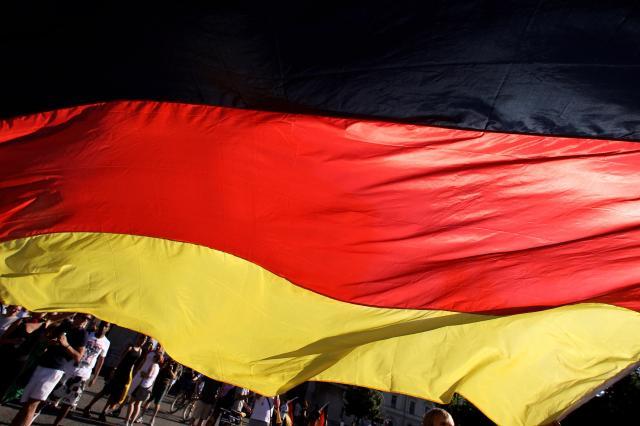
"2008 attack on German embassy must be fully investigated"
"We will not tolerate any false compromises. This is a matter of rule of law," he said.According to him, "the demanded seven points required by his parliamentary faction" set before Serbia "have largely been met - which is why last year the German Bundestag could give the green light for opening the first negotiating chapters."
"However, in a resolution on June 27, 2013 the Bundestag has made it clear that the accession negotiations can only be concluded once the arson attack on the German embassy in February 2008 is fully investigated and the perpetrators are brought to justice," said Krichbaum.
When the interviewer said that "many are under the impression that Germany does not acknowledge the importance of issues such as the decreasing of the rule of law and the reduction of media and political freedoms," the German official responded by saying there was "obviously a misunderstanding here," and adding:
"It is quite clear that Serbia still needs to implement many reforms in politics, administration, the judiciary and the economy before the country can join the EU. Nevertheless, the efforts and the progress made, largely achieved by Prime Minister Vučić, must be acknowledged. Serbia is well on its way towards the EU, even though the accession negotiations will certainly continue for several more years. Germany supports this path very actively, which can be seen in the Berlin Process, initiated by the German government."
As for the recent protests in Belgrade and the accusations that the EU and the U.S. were trying to overthrow Prime Minister Aleksandar Vucic, Krichbaum rejected them as "absurd":
"Demonstrations and protests against a freely elected government are part of the freedom of expression and completely natural in a democracy. However, nobody in Germany has an interest to topple the reelected prime minister of Serbia or to destabilize his government. The image that is drawn here is false and absurd. Our relations are very close and constructive, and are becoming even more friendly and amicable through the negotiations. Claiming that someone wants to overthrow the freely elected prime minister is nonsense."
Commenting on Croatia's demands regarding the opening of Chapter 23 in Serbia's EU accession negotiations - i.e., that country's blockade that lasted several months - the German official said he found it "unacceptable for an EU country to block the accession negotiations with a candidate country because of bilateral disputes."
"When Slovenia blocked Croatia’s accession process because of a dispute over the border demarcation in the Bay of Piran, I had expressed my opinion in favor of Croatia. Bilateral disputes need to be resolved bilaterally. To assist this process, there are not only international dispute settlement bodies, but also the EU and Germany are willing to mediate in certain cases," he said, adding:
"These disputes must not be made an issue for the EU. I very much hope that this irritation will quickly be a thing of the past after the elections in Croatia. After all, the government has already articulated a change in of position here."
Asked whether “comprehensive normalization of relations between Serbia and Kosovo, required of Serbia by the EU negotiating chapter 35, necessarily entails the Serbian recognition of the independence of Kosovo - or if there were other solutions," Krichbaum replied:
"In recent years, there has been great progress in the relationship between Serbia and Kosovo, which was largely enforced by Prime Minister Vucic. Still, both countries are far from having good neighborly relations, as Germany maintains with its neighbors for example. Therefore, the Chapter 35 negotiations will certainly be among the most difficult and tedious ones. Presumably, this chapter is only going to be closed at the very end of the negotiations."
As for whether "the Russian influence can be a serious threat to EU integration for Serbia," and "where he saw Serbia’s position between the EU and NATO on one side, and Russia on the other," the German official said there was "nothing wrong with Serbia maintaining close economic relations with Russia even after joining the EU."
"But the EU is not only an economic community, it is above all a political union that shares common values. Therefore, it was natural for the EU to sharply condemn the illegal annexation of Crimea and to impose sanctions on Russia. Whether Serbia would like to become a NATO member state someday, like its neighbors, is entirely up to Serbia," Krichbaum said.











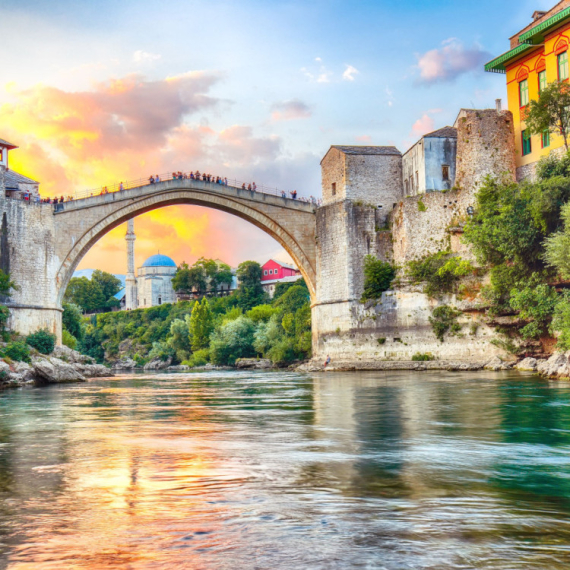
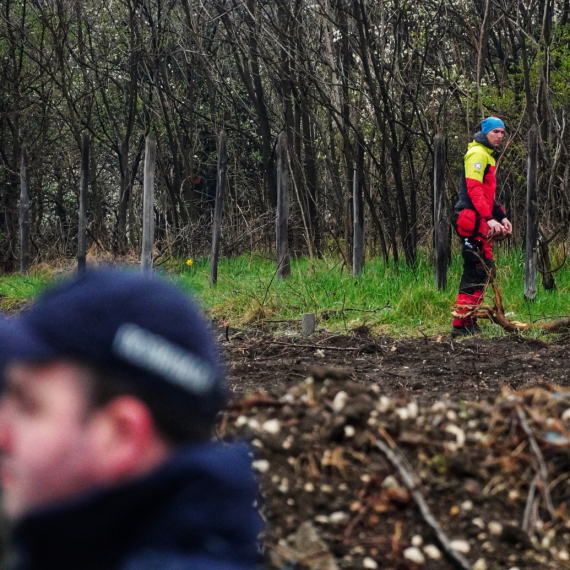


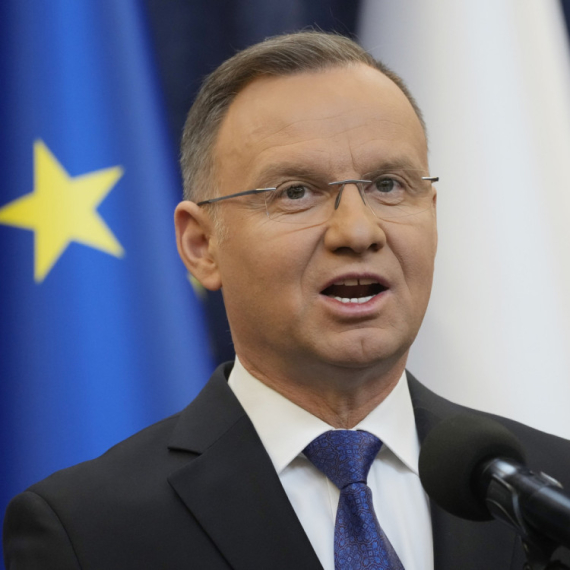




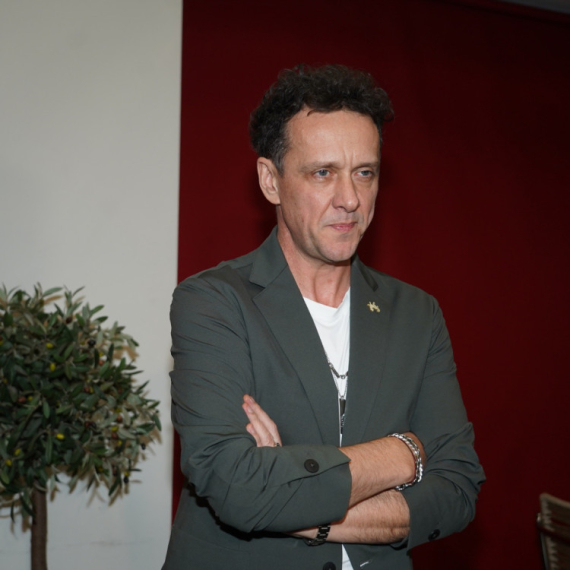





















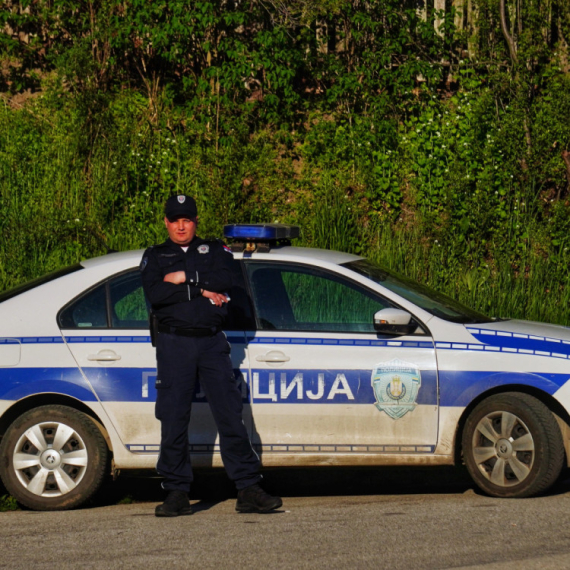




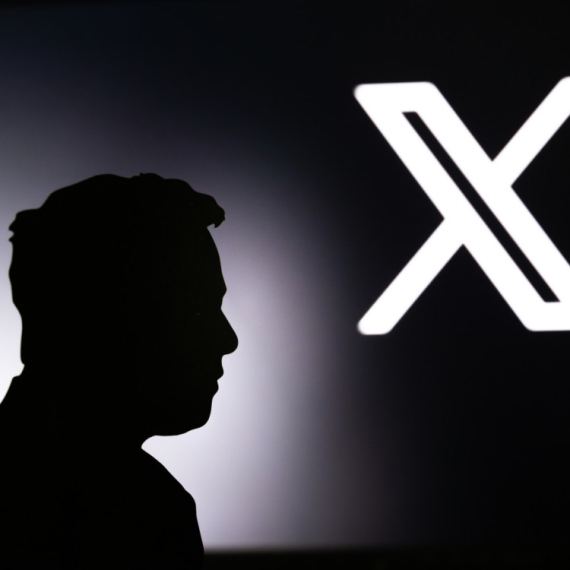











Komentari 9
Pogledaj komentare